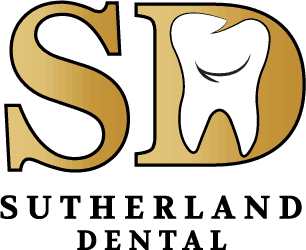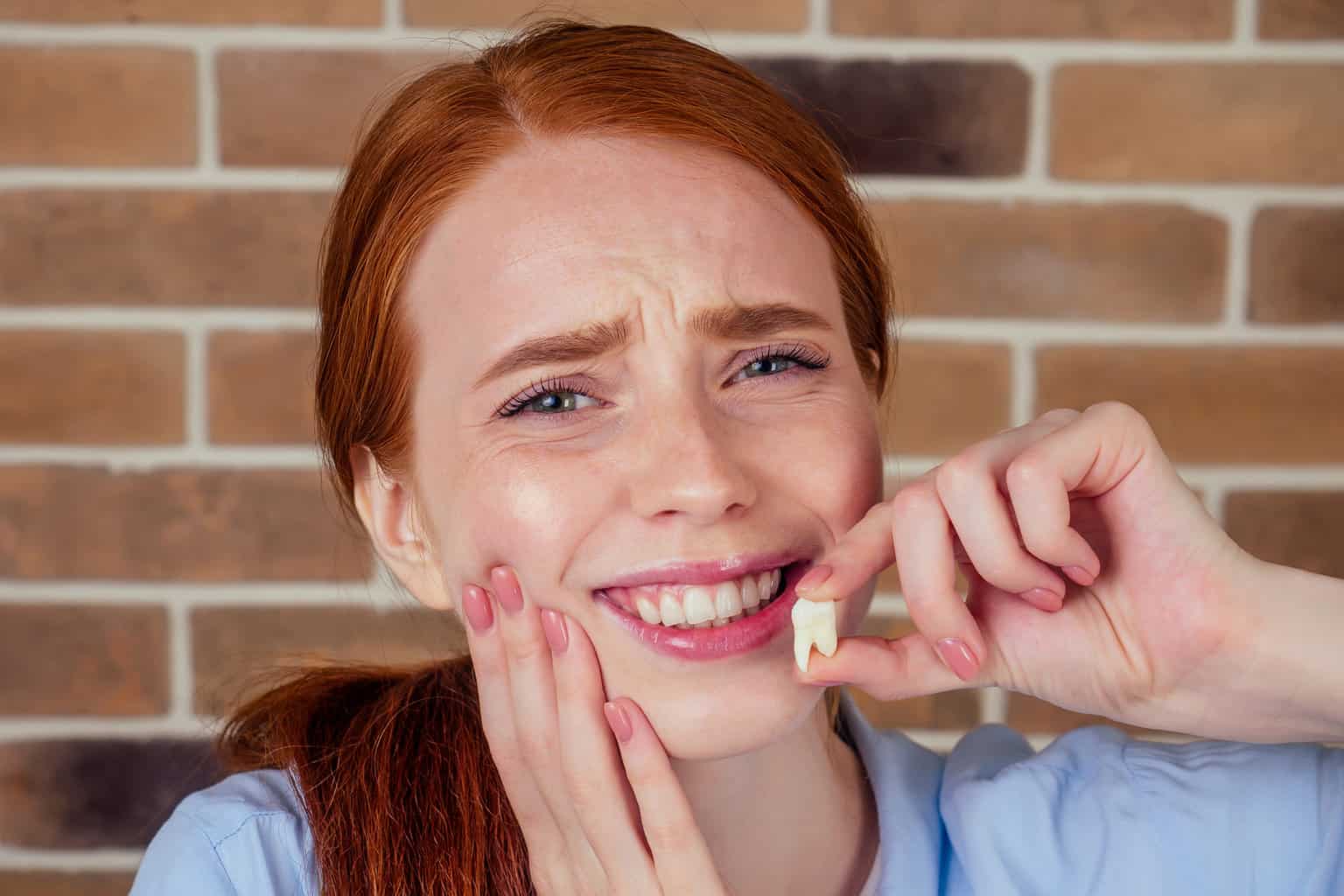You’ve recently experienced having a tooth taken out through tooth extraction treatment, and now the time has come to perform appropriate aftercare steps to avoid any future complications. Aftercare steps are critical for patients who’ve had single or multiple teeth extracted.
Here is your tooth extraction aftercare guide, designed to help you perform the right steps so that there is minimal impact thereafter for a swift recovery.
Immediate Pointers After Surgical Tooth Extraction
When you’ve had surgical tooth extraction treatment, a blood clot needs to form as part of recovery around the affected area, and this takes time. Therefore, it is important that you follow an aftercare guide that contains the right steps to heal from the procedure.
You should expect swelling and bleeding as well. Whilst the bleeding isn’t expected to be large, it is something to be aware of.
Surgical Tooth Extraction – What To Expect And What To Do
Once you’ve had surgical tooth extraction treatment, below outlines the pointers of what to expect and what you should do straightaway:
- Bite Down On A Gauze Pad — A gauze pad can help stop any internal bleeding when a tooth or set of teeth is taken. Once the treatment is completed, the surgeon will offer you a gauze pad to bite down on, as well as some gauze pads to take home. Replace the gauze pad the surgeon gave you and apply it again once you get home until the bleeding stops.
- Your Mouth Will Remain Numb – The anesthetic you were given for the surgery is unlikely to wear off after the procedure. It will take some time for it to wear off. As a result, you’re likely to experience some numbness in your mouth, which means you won’t be able to feel your lips, cheeks or tongue. Therefore, when biting down, be careful of the pressure on your tongue.
- Take Over-the-Counter Medication Once The Anesthetic Wears Off — When the local anaesthetic wears off, pain relievers and prescribed medication can help lower the level of pain. The pain will gradually become greater as part of healing when the numbing agent begins to wear off.
- Apply A Cold Compress – As part of your recovery, you’re likely to experience swelling and the way to reduce the swelling is by applying a cold compress. Throughout the day, apply an ice pack of even a pack of peas to the affected area for at least 15 minutes on and off. This will gradually reduce the swelling and bring greater mouth movement.
- Mouth Activity Must Be Minimal – A blood clot must develop at the extraction site for the extraction to be successful. Reduce oral activity for the first several days to avoid dislodging the blood clot. This includes not swishing or spitting water or smoking.
What About Eating And Drinking?
One of the more popular questions a patient asks after surgical tooth extraction treatment is whether they can eat or drink after surgical tooth extraction. It is typically recommended that you avoid eating on the day you’ve had the procedure, but drink water through a straw.
The day after, you may eat and drink, but it is important that you proceed with caution. The surgeon will recommend that you adopt softer food choices throughout your recovery. This may include boiled potato, soup and vegetables.
You must avoid foods that are hard and require chewing or excess biting force. The mouth needs as minimal movement as possible for the first 2 to 3 days. Therefore, eat options that don’t require a lot of mouth movement.
What About Brushing And Flossing?
On the day of the operation, avoid brushing, flossing and rinsing. You can go back to it the next day but brushing around the excised region should be done with caution. The surgeon will provide tips on brushing and flossing but it is essential that you avoid the surgical area and brush around it rather than on it. Be gentle with your brushing strokes and mouth movement.
Do I Need Any Follow-Up Appointments?
After tooth extraction, you’ll most likely be scheduled for a follow-up appointment. This will most likely happen one to two weeks after surgery and will be free of charge.
Consult your dentist as soon as possible if you need additional assistance as part of your aftercare. Any abnormalities such as excessive bleeding or slower healing will need addressing and, therefore, it is a good idea to keep in contact with them and have follow-up appointments when required.



